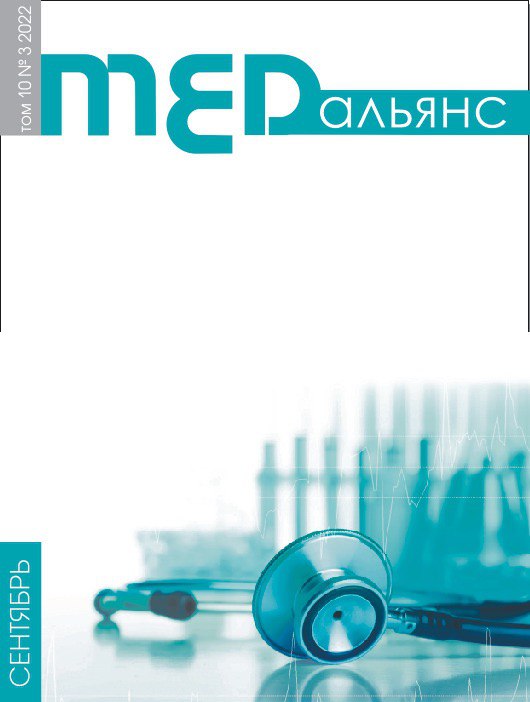Abstract
Introduction. The digitalization of education makes it possible to supplement the known pedagogical methods and technologies with new means, thus raising their ef- fectiveness. The goal of distance learning digital technolo- gies is not only to maintain the level of vocational training, but also to increase it. To do this, it is necessary that these technologies: help inspire learning, stimulate involvement at all stages of the longitudinal dynamics of learning, pro- vide developmental and inspiring feedback. Materials and methods. The longitudinal dynamic characteristic of the learning process includes five stages — curiosity, immersion, involvement, significance, implementation.
Each of them is important and valuable. Digital technolo- gies make it possible to increase the efficiency of each of them. In the article, the authors share their experience of using digital technologies at all stages of the longitudinal dynamics of learning. Results. The use of digital technol- ogies contributes to an increase in the level of vocational training by attracting new pedagogical methods into the educational process. The use of various digital programs allows to improve the skills of communication and coop- eration in the digital environment, search for information in open databases, and stimulate creative thinking when
creating presentation materials relevant to educational topics. Modern technologies contribute to the involve- ment of students and the positive group dynamics of the educational process, which confirms the average score received by students at the State Final Attestation, includ- ing in 2020, and 2021. Conclusions. Digitalization of the educational process is a global change in traditional ap- proaches to the educational process. Further prospects are to improve educational content, including the cre- ation of online courses, electronic knowledge bases. digi- tal analytical applications that allow, based on big data, to develop effective individual learning paths. The learning management system is also a support in the form of an electronic dean’s office, students’ personal accounts, and university department/chair. All together these will help to form a digital footprint (portfolio) of the student, which will be taken into account by the employer in the future.

